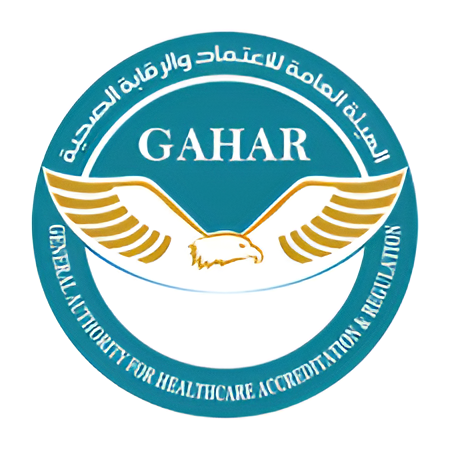 May 22, 2025
May 22, 2025
High Blood Pressure
High blood pressure (hypertension) is known as the silent killer because it often has no symptoms. Many people can have it for years without knowing, which can lead to serious health risks. It’s a leading cause of early death worldwide.
Global Impact
A World Health Organization study found that about 1.28 billion people aged 30-79 suffer from high blood pressure. Around 46% were unaware of their condition, while 42% had been diagnosed and treated.
Overview
Blood pressure measures the force of blood against vessel walls. Arteries contract and expand with each heartbeat to regulate pressure. If artery flexibility decreases, resistance increases, raising blood pressure.
Higher blood flow and pressure force the heart to work harder to circulate blood.
Blood Pressure Measurement
– Systolic pressure: Pressure when the heart pumps blood.
– Diastolic pressure: Pressure when the heart rests between beats.
Blood Pressure Categories for Adults
– Normal: Systolic < 120 and Diastolic < 80.
– Elevated: Systolic 120-139 or Diastolic 80-89.
– Hypertension Stage 1: Systolic 140-159 or Diastolic 90-99.
– Hypertension Stage 2: Systolic ≥ 160 or Diastolic ≥ 100.
– Isolated systolic hypertension (common in seniors): Systolic ≥ 130, Diastolic < 80.
Symptoms of High Blood Pressure
Moderate high blood pressure often shows no symptoms, but prolonged untreated high blood pressure can cause:
– Ringing in ears
– Shortness of breath
– Persistent headache
– Dizziness
– Blood in urine
– Nosebleeds
– Drowsiness
– Severe back pain
– Irregular heartbeat
– Temporary vision loss
– Arm or leg pain on one side
If any of these symptoms appear, regular blood pressure checks are crucial for diagnosis.
Link Between High Blood Pressure and Heart Disease
High blood pressure damages blood vessels, leading to heart disease. Long-term untreated high blood pressure can cause:
– Atherosclerosis: Damage to artery linings, leading to fatty buildup and artery hardening. This restricts blood flow, causing irregular heartbeats, chest pain, and potentially heart attacks.
– Left ventricular hypertrophy: The heart works harder, causing the left ventricle to thicken.
– Heart failure: Over time, the heart weakens and functions less efficiently.
Preventive Measures
To prevent worsening heart disease due to high blood pressure, regular medical check-ups are essential. A diet high in fiber and potassium, and low in sodium (less than 2 grams daily), can help. Reducing calorie intake, avoiding trans fats and refined sugar, and maintaining a healthy weight through physical activity are also beneficial.
